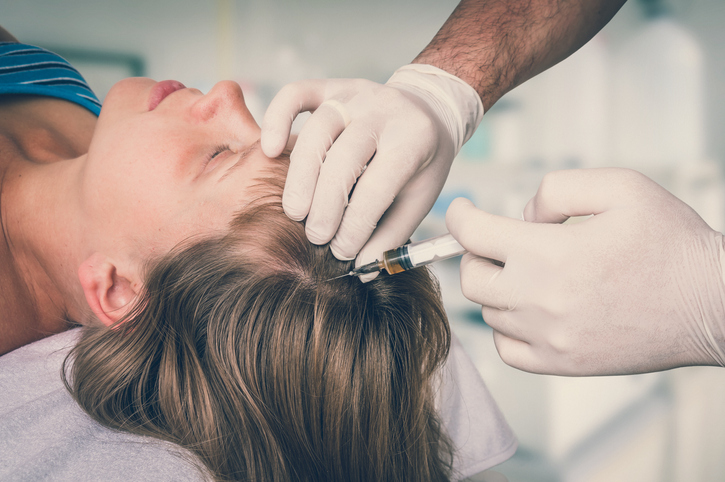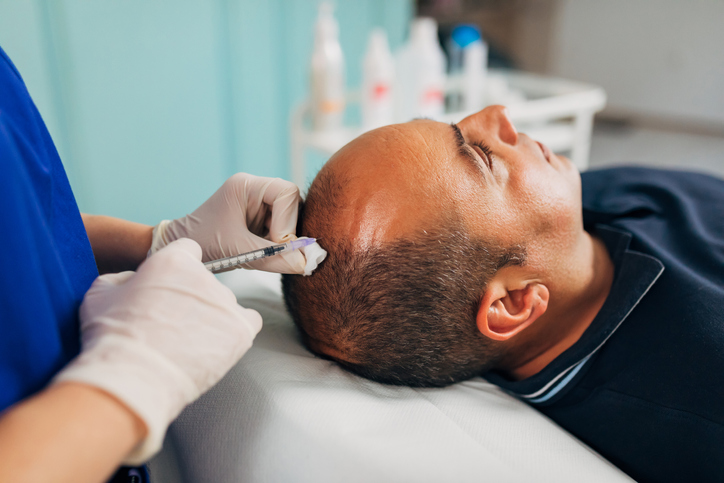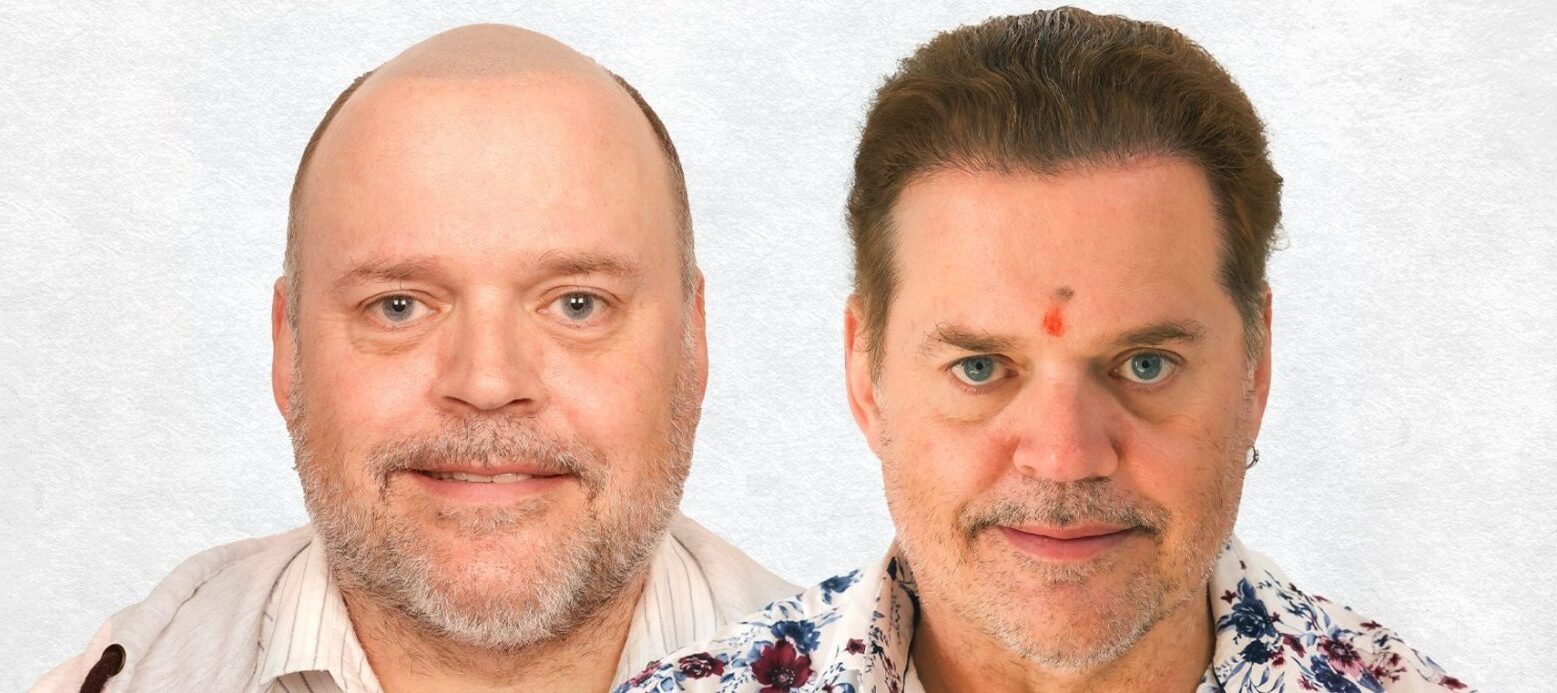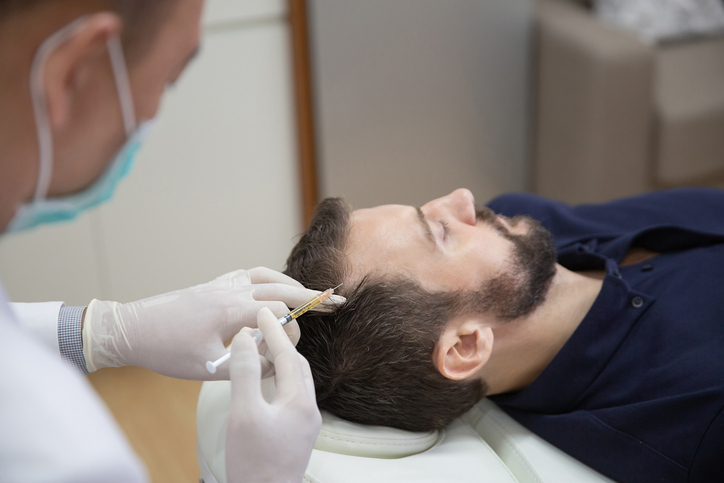Undergoing a hair transplant is an exciting step towards restoring your hairline and regaining confidence. However, it is crucial to remember that proper hair care after the procedure is essential for optimal results. Taking care of your transplanted hair and maintaining a healthy scalp will promote healing, minimise complications, and ensure the best possible outcome.
Follow Post-Surgery Instructions: Your surgeon will provide specific post-surgery instructions after your hair transplant surgery. It is essential to follow these instructions carefully to facilitate healing and promote the growth of transplanted hair. These instructions may include:
- Avoiding strenuous activities and heavy exercise for a few weeks.
- Sleeping in an elevated position to minimise swelling.
- Refraining from scratching or rubbing the scalp.
- Taking prescribed medications, such as antibiotics or pain relievers, as instructed.
- Avoiding the use of hair care products, such as shampoos or conditioners, for a specific period.
- Scheduling follow-up appointments with your surgeon to monitor progress.
Gentle Hair Washing: Proper hair washing is crucial after a hair transplant. However, it is important to be gentle to avoid dislodging or damaging the transplanted hair. Follow these steps when washing your hair after the procedure:
- Use a mild, non-medicated shampoo recommended by your surgeon.
- Gently apply the shampoo to your scalp with your fingertips, avoiding excessive rubbing or scrubbing.
- Rinse the shampoo thoroughly with lukewarm water, ensuring there is no residue left on the scalp.
- Pat your scalp dry with a clean, soft towel. Avoid rubbing vigorously, as this can cause irritation or hair follicle damage.
Avoid Direct Sun Exposure: Exposure to direct sunlight can be harmful to your newly transplanted hair and scalp. Sunburns and excessive heat can hinder the healing process and potentially damage the hair follicles. After your hair transplant, it is crucial to:
- Limit sun exposure and avoid direct sunlight for at least a few weeks after the procedure.
- Wear a wide-brimmed hat or use a scarf to protect your scalp when outdoors.
- Use a sunscreen specifically designed for the scalp, if recommended by your surgeon.
Be Mindful of Hairstyling: During the initial stages of hair growth after a transplant, it is important to be mindful of your hairstyling practices to avoid damaging the newly transplanted hair.
Here are some tips:
- Avoid using styling products, such as gels, mousses, or hairsprays, for a few weeks after the procedure.
- Be gentle when brushing or combing your hair, especially around the transplanted areas. Use a wide-toothed comb or a soft-bristled brush.
- Refrain from pulling or tugging on the hair, as it can dislodge grafts and delay the healing process.
- Avoid hairstyles that put excessive tension on the hair, such as tight ponytails or braids.
- Maintain a Healthy Diet and Lifestyle: Good overall health and nutrition play a crucial role in promoting hair growth and maintaining healthy hair. After your hair transplant, it is important to:
- Follow a balanced diet rich in vitamins, minerals, and proteins, which are essential for hair health.
- Stay hydrated by drinking an adequate amount of water daily.
- Avoid smoking and excessive alcohol consumption, as they can negatively affect hair growth and overall health.
- Manage stress levels through relaxation techniques, exercise, or engaging in activities you enjoy.
Regular Follow-up and Maintenance: After your hair transplant, regular follow-up appointments with your surgeon are essential. These appointments allow your surgeon to assess your progress, monitor hair growth, and address any concerns or questions you may have. They can also provide additional recommendations for hair care and maintenance based on your individual needs.
In conclusion, proper hair care before and after a hair transplant is crucial for achieving optimal results. By following the recommended instructions, practising gentle hair care, protecting your scalp from sun exposure, and maintaining a healthy lifestyle, you can promote healing, minimise complications, and support the growth of transplanted hair. Remember, patience is key as hair growth takes time. With proper care, you can enjoy the best possible outcome from your hair transplant, regain confidence and embrace your new and improved hairline.





